Memory Foam Mattresses Pros and Cons
Selecting a memory foam mattress involves finding the right balance between comfort, support, and cost. Try the mattress in-store whenever possible to test the mattress’s feel and firmness before making a purchase. Here are some pros and cons of memory foam mattresses:
Pros of Memory Foam Mattress:
- Pressure relief: Memory foam mattresses contour to the shape of your body, allowing the bed to relieve pressure points and better support the body.
- Motion isolation: Memory foam mattresses are known for their superior motion isolation properties, meaning if someone moves around on the bed, it is unlikely to disturb the other person.
- Quiet: Memory foam is a very silent material, so the bed won’t make noise when you move around on it.
- Durability: Memory foam mattresses are generally more durable than innerspring mattresses, with many people reporting they can last between eight and ten years or longer.
- Customizable comfort: Memory foam mattresses come in different firmness levels, and some brands offer options to customize the levels, so you can select the level of firmness that is best for you.
Cons of Memory Foam Mattress:
- Heat retention: Memory foam is known for retaining heat, which can be uncomfortable when sleeping, especially for people who tend to sleep hot.
- Off-gassing: New memory foam mattresses can emit an unpleasant smell known as off-gassing that can last for a few weeks after unboxing.
- Initial firmness: When you first get your memory foam mattress, it may feel firmer than expected. This is because it takes time to adjust to your body’s weight and temperature.
- Weight: Memory foam mattresses can be heavier than traditional innerspring mattresses, making them harder to move and handle.
- Cost: Memory foam mattresses tend to be more expensive than traditional innerspring mattresses due to the cost of materials and manufacturing. However, the benefits and durability often make them worth the extra expense.
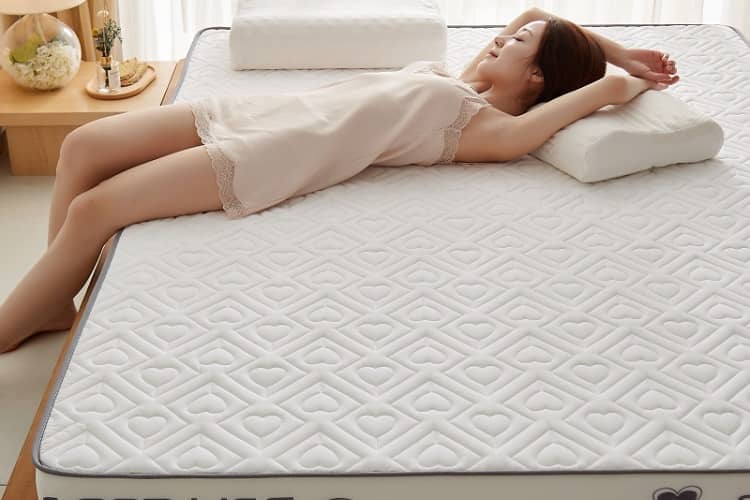
How to select Memory Foam Mattresses
Choosing a memory foam mattress can be a daunting task, but here are some tips to help you narrow down your choices and find the best mattress for your needs:
- Consider your sleeping position: Different sleeping positions require different levels of firmness. Side sleepers usually need a softer mattress to cushion the hips and shoulders, while back and stomach sleepers typically need a firmer mattress to maintain proper spinal alignment.
- Check the density of the foam: The density of memory foam can affect how the mattress feels. Low-density foams (less than 4lbs per cubic foot) can feel softer but may not provide enough support. High-density foams (over 5lbs per cubic foot) can feel firmer, but also provide better support and durability.
- Decide on thickness: Memory foam mattresses can range from 6 to 14 inches thick. Keep in mind that thicker mattresses usually provide more support, but also might be too high for some bed frames.
- Look for cooling features: Memory foam is notorious for retaining heat, so if you’re a hot sleeper, it’s important to look for features like gel infusions, breathable covers, and open-cell foam designs that can help keep you cool.
- Check reviews: Read customer reviews and look for mattresses with a high satisfaction rate. Look for comments about comfort, durability, and support to get an idea of how the mattress performs for real people.
- Check the warranty: Look for a warranty that covers defects and manufacturing faults and offers a comfort guarantee that will allow you to return the mattress if you find it uncomfortable.
- Check the certification: Certifications like CertiPUR-US and OEKO-TEX ensure that the memory foam used in the mattress has been tested for harmful chemicals and meets quality standards.
Is a Memory Foam Mattresses good for side sleepers?
Yes, memory foam mattresses can be good for side sleepers. Memory foam mattresses contour to the shape of the body, which can help distribute weight and relieve pressure points. This is especially beneficial for side sleepers, who often put more pressure on their hips and shoulders. Additionally, memory foam can provide excellent motion isolation, so it’s less likely to wake up from a partner’s movements during the night. However, side sleepers should also consider the firmness of the mattress as it can impact spinal alignment. Medium to medium-soft memory foam mattresses are usually best for side sleepers as they provide enough support while also cushioning the pressure points.
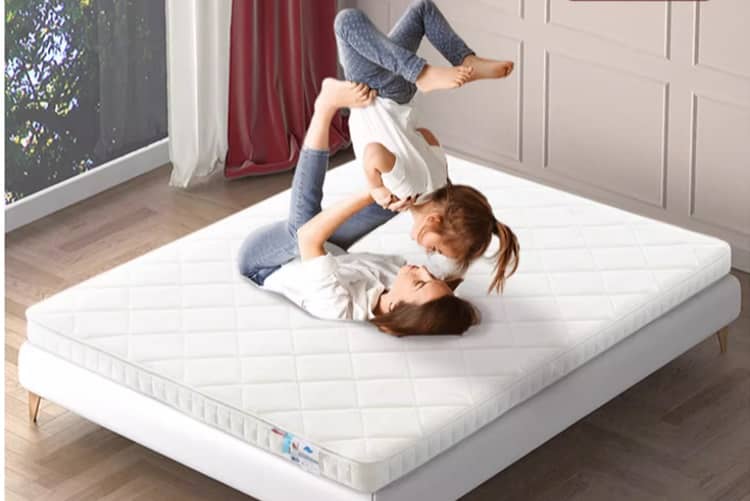
Is a memory foam mattress good for back pain?
Yes, a memory foam mattress can be a good option for people with back pain. Memory foam typically conforms to the body’s contours, relieving pressure points, and reducing the strain on the spine. It can contour to the natural curve of the back, giving excellent support for the lumbar spine. Additionally, memory foam can prevent pressure points from forming, which can significantly reduce the amount of pain and discomfort experienced during sleep. However, it’s important to consider the firmness level of the memory foam mattress. A medium-firm feel is often recommended for people with back pain as it provides a balance between comfort and support. It’s essential to keep in mind that memory foam mattresses are not a cure for chronic back pain, and it’s good to consult a healthcare professional if you have ongoing pain.
Is a memory foam mattress good for overweight person?
Yes, a memory foam mattress can be suitable for overweight persons. Memory foam mattresses are known to offer excellent support and comfort as they conform to the body’s curves. This can be especially important for overweight people, who need a supportive sleeping surface that can minimize pressure on their joints. Additionally, some memory foam mattresses are reinforced with additional support layers, which can provide additional support for people who weigh more. It’s essential to choose a memory foam mattress that has a high density as it can offer better support and durability. Thicker mattresses can also be beneficial for heavier people as they can help distribute weight more evenly. Ultimately, it’s recommended to choose a memory foam mattress with a medium-firm feel, which offers both support and comfort.
Is a memory foam mattress good for toddlers?
Memory foam mattresses can be a good option for toddlers, but it’s crucial to keep a few things in mind before purchasing one. One of the most important things to consider when choosing a memory foam mattress for a toddler is the firmness level. Toddlers need excellent support for their developing bodies, so it’s essential to choose a memory foam mattress that is not too soft. A medium-firm to firm memory foam mattress may be a better option as it can provide more support.
Additionally, you should ensure that the memory foam mattress you choose is free from harmful chemical flame retardants and meets safety standards. A CertiPUR-US certified memory foam mattress is a great option because it is made without harmful chemicals and is safe for children.
It’s also important to choose a mattress with a waterproof cover that can be easily removed and washed. This can help protect the mattress from spills, accidents, and stains, which is essential for keeping your child’s sleeping surface clean and hygienic.
Finally, be sure to check the weight limit of the memory foam mattress, as some may not be suitable for heavy or active toddlers. Ultimately, by choosing the right memory foam mattress for your toddler, you can provide them with a comfortable and supportive sleeping surface that can help promote healthy development.
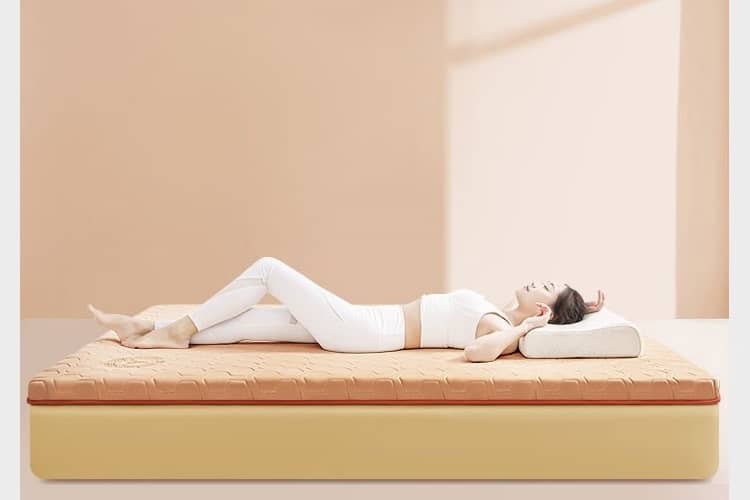
FAQ: About “Memory Foam Mattresses”
What are the benefits of a memory foam mattress?
Ans: Memory foam mattresses contour to your body to relieve pressure points, provide motion isolation, and provide customizable comfort and support.
What are the downsides of a memory foam mattress?
Ans: Memory foam mattresses can retain heat, have off-gassing, may take time to adjust to initial firmness, can be cumbersome, and are more expensive than traditional innerspring mattresses.
How long do memory foam mattresses last?
Ans: Memory foam mattresses can last between eight and ten years or longer, depending on the quality of the foam and how well the mattress is maintained.
Are memory foam mattresses good for side sleepers?
Ans: Yes, memory foam mattresses can be excellent for side sleepers as they can provide cushioning for hips and shoulders.
Can memory foam mattresses be too soft?
Ans: Yes, some memory foam mattresses can be too soft, causing sinking and poor spinal alignment.
Are memory foam mattresses safe to use?
Ans: Yes, memory foam mattresses are safe to use. However, some people may have allergies or sensitivities to the chemicals used in the foam, which can cause discomfort.
Can memory foam mattresses be used with adjustable beds?
Ans: Yes, memory foam mattresses can be used with adjustable beds. However, make sure to check that the mattress is compatible before purchase.
How do you clean a memory foam mattress?
Ans: To clean a memory foam mattress, spot-clean with a mild detergent and water mixture, or use a fabric cleaner. Avoid using a lot of water or moisture, which can damage the foam.
Should I get a thick or thin memory foam mattress?
Ans: The thickness of a memory foam mattress depends on your body weight, sleeping position, and preference. Generally, a thicker mattress provides more support, but it may be too high for some bed frames.
Are memory foam mattresses worth the price?
Ans: The cost of a memory foam mattress may be higher than traditional innerspring mattresses, but the benefits in comfort and durability often make them worth the extra expense.

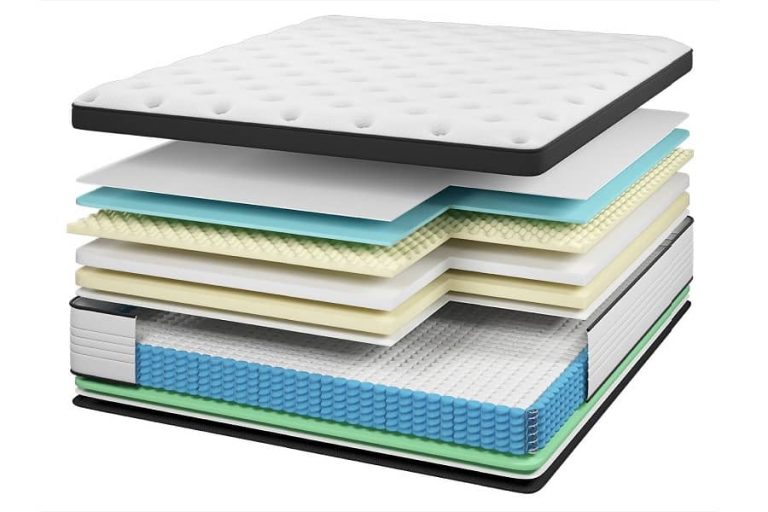

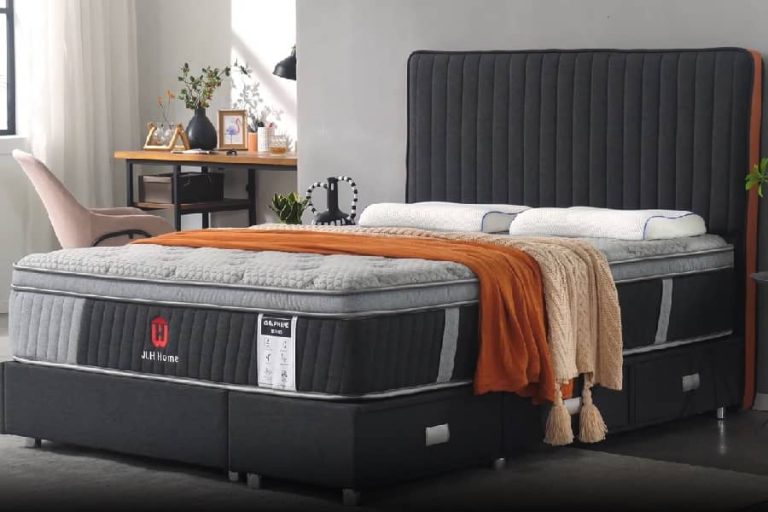
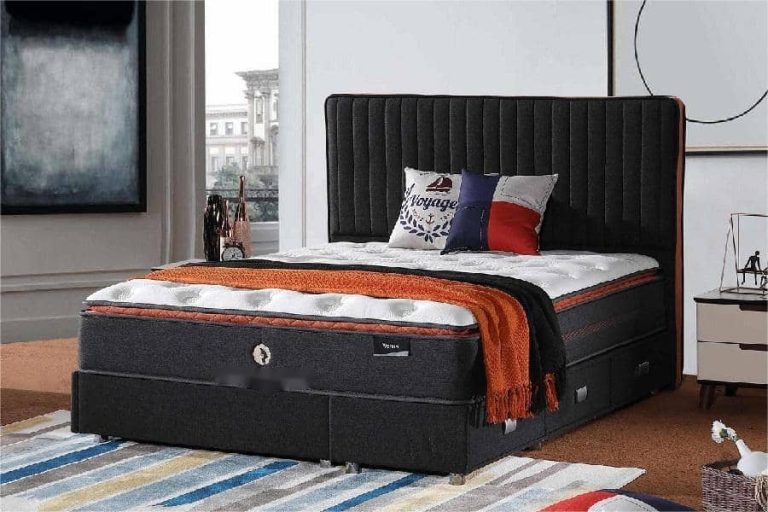
One Comment